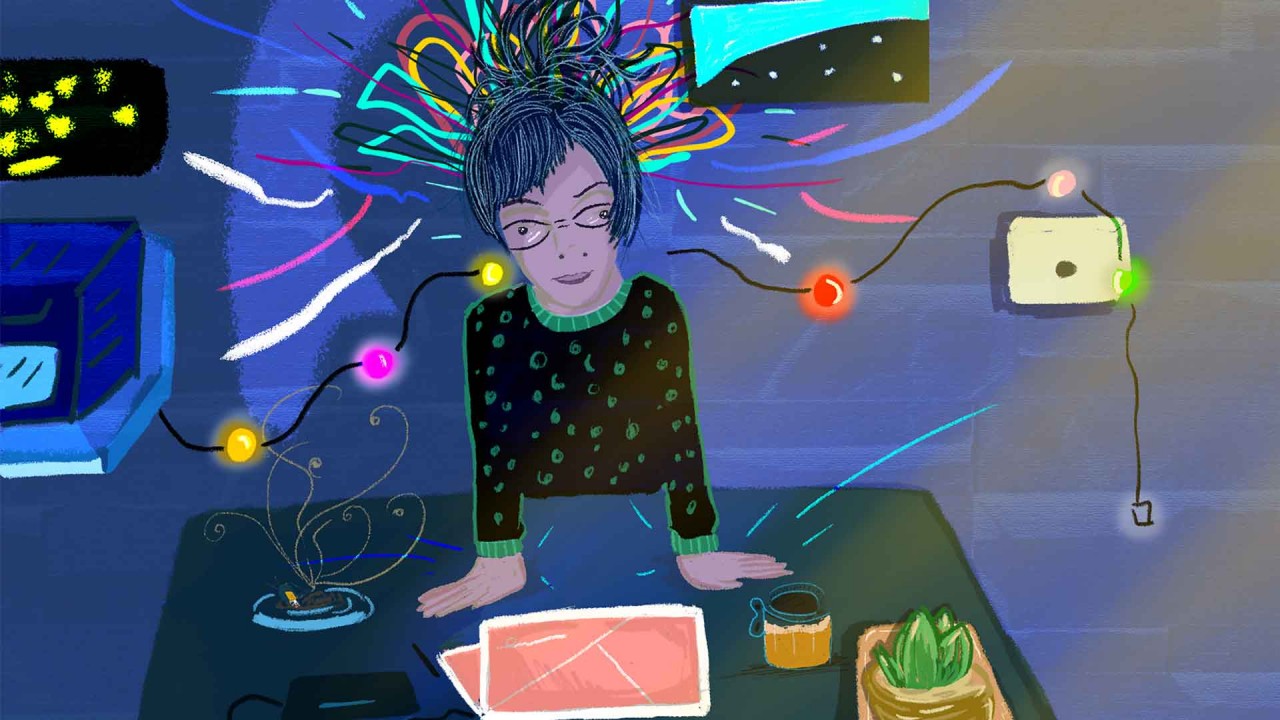.
“It’s not just Daddy, I work too!” - COVID, gender and work life balance
What impact has Covid had on gender equality? How much progress had we really made before the pandemic? In this post, Laura Drury observes the impact of Covid on the work-life balance of mothers in particular.
Maternity leave
I was surprised to read in the news last week (Thursday 4th February) that the government is to update a long held maternity leave law. As a result of this, Suella Braverman, the government’s chief law officer, will be able to take 6 months maternity leave after the birth of her second child.
Surprised because, in my naivety, I presumed anyone in the UK could take maternity leave, no matter what their role.
Whilst this decision is to be welcomed, isn’t it 90 or so years too late? The report made me question how much progress have we really made towards equality? Are we even further behind than we thought? If so, why and what can we do to speed things up?
A lack of balance
Taking these things into consideration I recalled a conversation I had with a customer (who works full time) about the balance (or lack thereof) between working and home-schooling during lockdown. We both bemoaned our other halves; how they could slink off to the study and lock themselves away, whilst we muddled our way through.
This type of conversation isn’t the first one I’ve had. Other clients and most of my female friends are in the same situation.
At this point, I want to stress that this is not a slight on fathers or partners who don’t do the home-schooling. This pandemic has affected us all differently and each family is managing in the way that best suits them.
I’m just curious as to why, more often than not, it falls on the mother’s shoulders? Is it history repeating itself? Why is it when there’s one male and one female in a partnership, it’s invariably the mother that takes up the mantle of home teacher?
Covid policies
My suspicions were backed up by a report in the news this week. Policies designed to offer support throughout Covid are ‘repeatedly skewed towards men’. This starts to provide us with some clarity.
I’m also concerned about the impression this gives our children. I constantly remind mine that, “It’s not just Daddy, I work too!” and I can almost hear them thinking, ‘the lady doth protest too much!’ My husband and I like to think that we are ‘hot’ on gender equality and yet, at the moment, my children’s perception may be a little skewed. How will that help to improve gender equality in the future?
Making changes
For us to make any real changes going forward we need to lead by example. In her book, ‘We Should All Be Feminists’, Chimamanda Ngozi Adichie says, ‘We must raise our daughters differently. We must also raise our sons differently’.
It’s not enough to encourage our daughters to fight for equality but also our sons. Regardless of gender, we should challenge our children to be courageous, vulnerable and human. We should make it harder to define the difference between masculinity and femininity, allowing each child to be the individual they choose to be.
No doubt that this starts in the home, with the choices we make in how we raise our children, but (as well as governmental policy) there’s also a role that organisations can play. Rather than employers giving mothers the flexibility to fit it all in, why not give fathers the same flexibility, so they can share the burden? In doing so partners, husbands and wives could commit to their work equally.
The role of organisations
Gender equality and fairness isn’t a matter of giving women more opportunity for promotion, equal pay and maternity leave. Neither does it mean creating a culture that supports a mother to choose their child’s nativity/birthday/sports match over a meeting. It means thinking differently.
How can we alter the roles for everyone in an organisation, men included, to achieve true equality? How can we support our employees so that they can support their partners at home when their family grows?
In his book Rebel Ideas, Matthew Syed suggests that whatever you’re working on, for the best outcomes, we need cognitive diversity. This means a group of people, who think completely differently to each other, working together. We need more cognitive diversity, therefore, when creating governmental and organisational policies covering the way in which we work.
How can we think differently about them?
Equality and wellbeing
Equality is intrinsically linked to our wellbeing. Perhaps if, culturally, we gave everyone the flexibility to give family and/or home life the same importance as work (or slightly more), then both issues would be addressed. You will never find a more loyal, reliable or productive employee than a parent/carer who isn’t made to feel guilty for putting their child(ren) first.
Nor, for that matter, their mother, father, aunt, uncle or closest friend who is as much family to them as anyone else. If ever there was evidence to prove that human connection and support is imperative to positive mental health and productivity, this pandemic is it.
Being a Laughologist, I want to end this piece on a positive note. Whilst we still have a long way to go, it’s important to remember that we’ve made progress in matters of equality, diversity and inclusivity as well.
My question to you, then, is what can you do, whoever you are, to further reduce the gap?
























